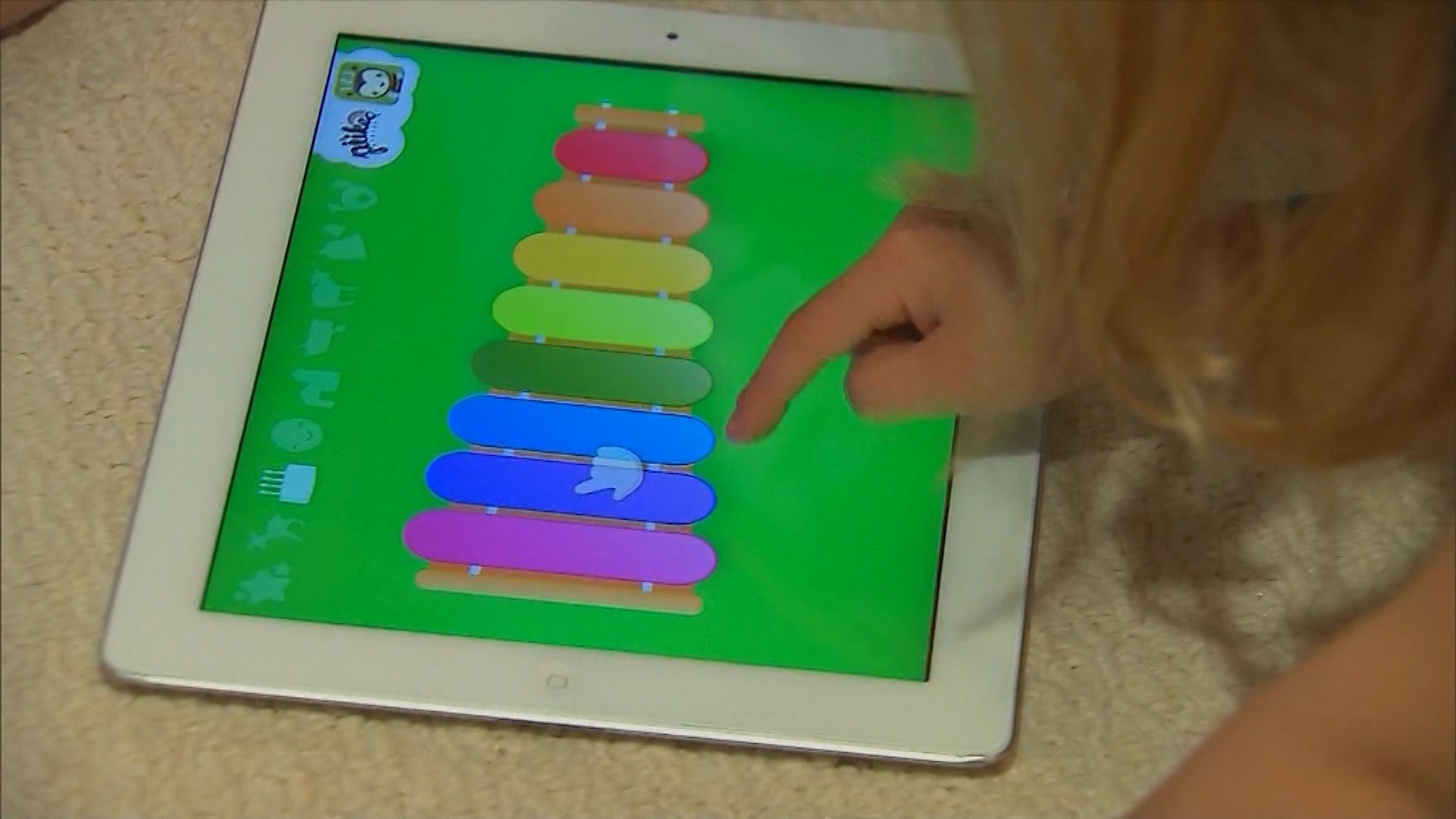Child identity theft– it’s one of the fastest growing crimes in the country.
According to a 2018 Child Identity Fraud Study by Javelin Strategy & Research, more than 1 million U.S. children were victims of identity theft during the previous year, resulting in losses of $2.67 billion dollars.
We met up with Jonathan Hard, the CEO and President of H2L Solutions, a cybersecurity company right here in Huntsville, to talk about this growing issue. He tells us why hackers are even starting to turn toward stealing information from children. Hard says, “When you think of a child, what do you think of? You think of innocence, right? I mean, they’re a vulnerable target. They’re the low hanging fruit.”
Thieves take over kids’ clean credit records and use them to rack up debt and commit fraud. Why is this crime so popular? Well, it’s easy. Did you know that it’s been reported that you can buy a child’s Social Security number on the dark web for about two dollars? That’s what Brett Shannon Johnson, a former identity thief turned Secret Service cybercrime informant, told NBC in an interview. And it’s low-risk….thieves could steal a child’s identity and social security number, use it to open multiple accounts, and their parents probably wouldn’t know for years on average.
Hard tells parents that they have to be overprotective of their child’s information. “When you get the social security card from the social security office, lock it up! Lock it in a safety deposit box. Put it in a safe place in your home. Nine times out of ten, it’s a family member who has access to the social security number, who will use that social security number in a deviant way,” he tells us.
And no child is off limits. The Child Identity Fraud Study found that two-thirds of the victims were under the age of eight. Another 20 percent were eight to 12 years old. But parents: there’s a simple and free thing you can do to protect your kids.
Hard advises parents to “Contact the credit bureau and have them create a credit file for your child, and when they do that, have them freeze it! They’ll give you a pin, and make sure to keep track of that pin because you’ll need it to unfreeze [the account]. But then they’re safe… better safe than sorry.”
Be sure to set aside some time regularly to check bank account statements, and if your receive any suspicious mail or account information to your home, look into it immediately.
Latest headlines:

